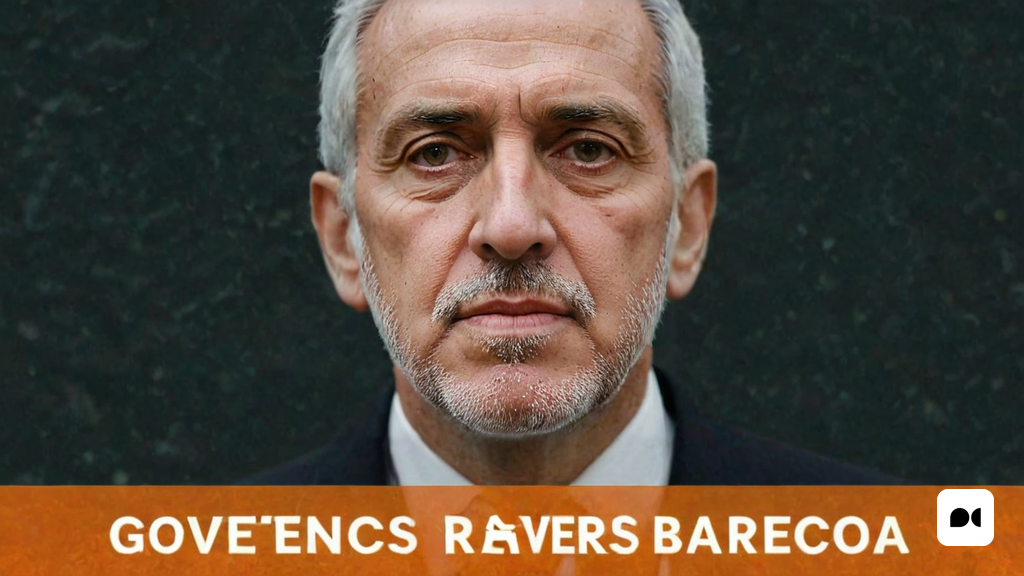The political context at the time of Francesc Macià
Barcelona, September 23, 1930. Eve of the Day of Mercy. 94 years ago. The dictatorial regime of King Alfonso XIII and General Berenguer (the successor to the coup general Primo de Rivera) rang requiem bells, and the exiled political leaders took positions on the ground, faced with the more than predictable possibility of a democratic opening (as would end up being), to desperately avoid the end of the monarchy (which it would not manage to avoid). In that context of expectation (and apparent permissibility), deputy Francesc Macià i Llussà, founder and leader of the independence party Estat Català, exiled since the coup d’état of 1923 and the number one enemy of the Spanish dictatorial regime, arrived discreetly in Barcelona.
The importance of Francesc Macià in Catalan politics
Francesc Macià was a Catalan independence leader who played a fundamental role in the history of Catalonia. During the dictatorial period of King Alfonso XIII and General Berenguer, Macià bravely and determinedly defended Catalonia’s national claims. He was one of the few politicians who dared to challenge the dictatorial regime and to fight for Catalonia’s self-government.
The tour of the Catalan Homes of America
One of Macià’s most outstanding actions was his tour of the Casals Catalans d’América in 1925. During this tour, Macià promoted the Catalan independence cause and managed to capture the attention of international public opinion. This tour was a turning point in the struggle for self-government in Catalonia and placed Macià as one of the most important leaders of the independence movement.
The Prats de Molló Events and the Paris trial
The Prats de Molló Events in 1926 and the Paris trial in 1927 were other key events in Macià’s career. These events put Catalonia and its national claims on the front pages of the main European newspapers. Macià managed to capture the attention of international public opinion and put Spanish unity in question, generating great unrest in Spanish power circles.
The hatred of the Spanish power towards Macià
Macià was hated by the Spanish power for several reasons. First of all, the fact that a former officer of the Spanish army had surrendered to the Catalan independence cause was considered unnatural and unacceptable by the Spanish elites. In addition, Macià was a charismatic and enthusiastic leader who questioned the unity of Spain and the power of the Spanish oligarchic classes. These characteristics made him hated and feared by the Spanish dictatorial regime.
Macià’s arrival in Barcelona and its importance
Macià’s arrival in Barcelona on September 23, 1930 was a significant event in the history of Catalonia. It marked the beginning of a new stage in the struggle for self-government in Catalonia and gave hope to the Catalans who yearned for their freedom. Macià was a brave and determined leader who fought tirelessly for the independence of Catalonia and for the end of the Spanish dictatorial regime.
The reaction of the Spanish repressive apparatus
The Spanish repressive apparatus tried to arrest Macià and expel him from Catalonia, but failed. Macià managed to escape and continued his struggle from exile. His determination and his leadership inspired many Catalans to continue fighting for the independence of Catalonia.
The return of Macià and the restoration of Catalonia’s self-government
Six months after Macià’s arrival in Barcelona, he returned to the city to win the municipal elections and restore Catalonia’s self-government. This victory marked a turning point in the history of Catalonia and opened the way to the recovery of its freedom and autonomy.
Macià’s legacy
Francesc Macià was one of the great leaders of the struggle for self-government in Catalonia. His courage, his determination and his leadership marked a before and after in the history of Catalonia. Today, his legacy continues to be remembered and celebrated by Catalans who continue to fight for the independence of Catalonia.

